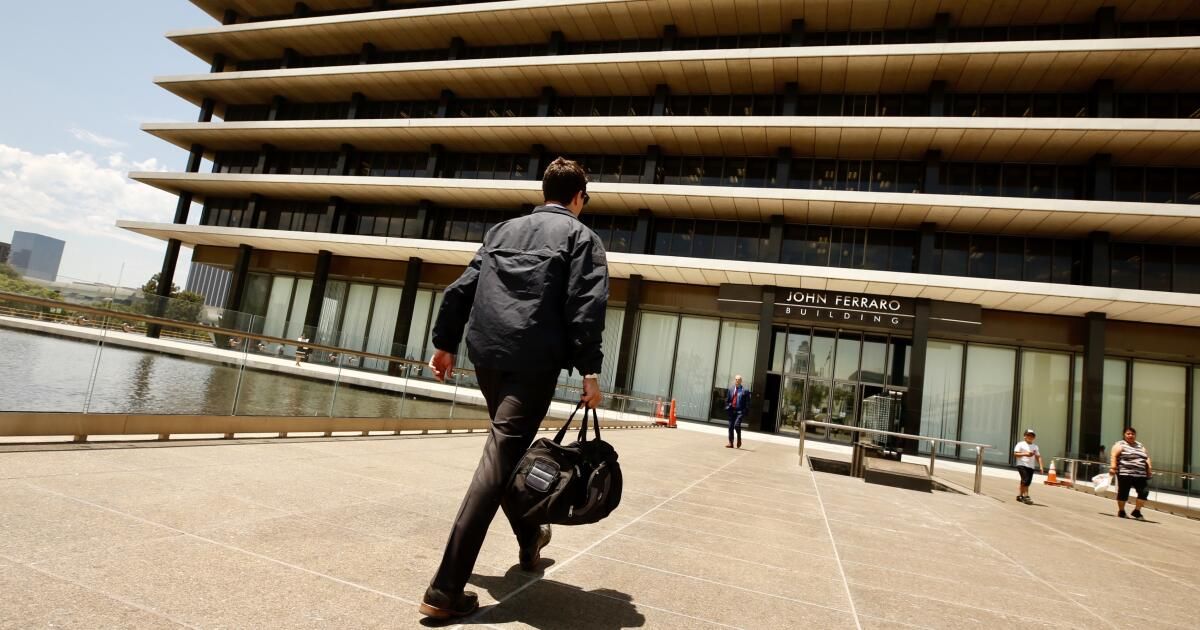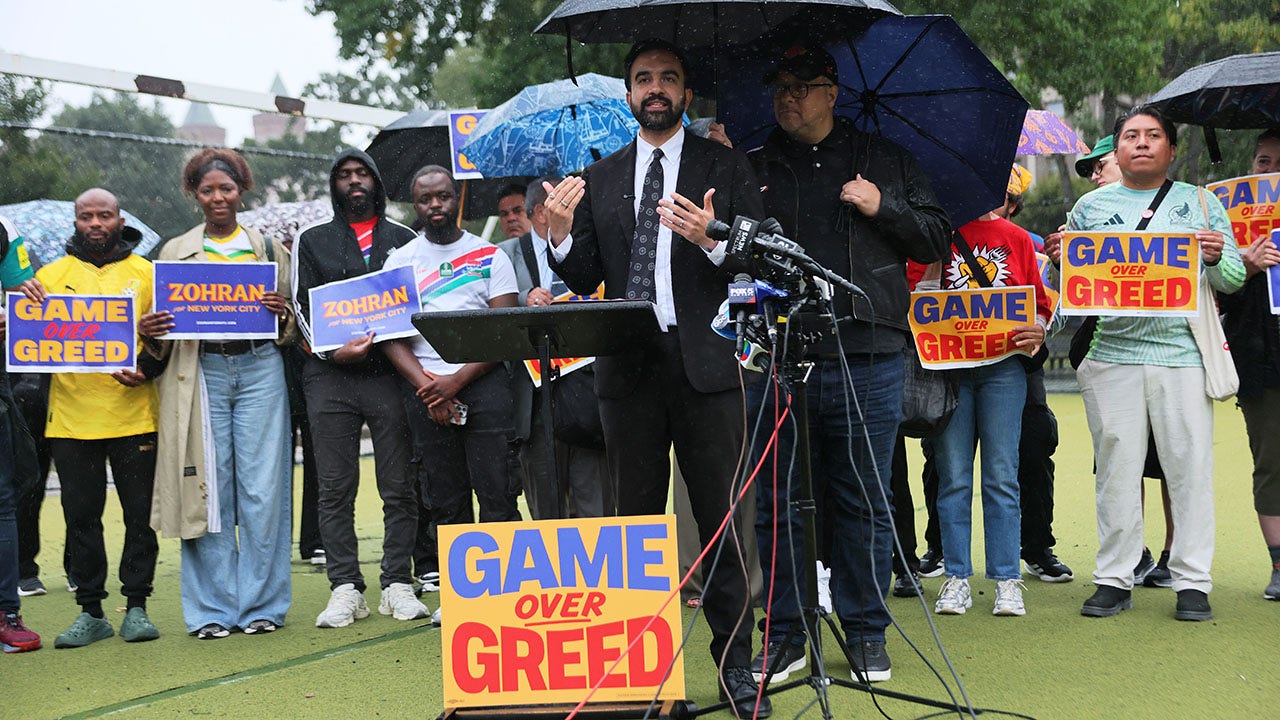The union representing workers at the Los Angeles Department of Water and Power is suing the city for allowing employees who retired from other city departments to work at the utility while collecting a pension.
The lawsuit, filed Tuesday by Local 18 of the International Brotherhood of Electrical Workers, argues that city statutes prohibit those who retire with a pension through the Los Angeles City Employees Retirement System from subsequently working as DWP employees.
Last year, the city attorney's office took the position that retired city employees can join the DWP, according to the lawsuit.
But the letter’s prohibition on working as a “city employee” while receiving a LACERS pension includes DWP jobs, not just jobs in other parts of city government, the lawsuit says.
The city charter includes three pension systems: the Water and Power Employees Retirement Plan, the Los Angeles Fire and Pension System, and LACERS.
IBEW officials fear a flood of retired municipal employees will join the utility, which often pays more than other departments. Because of their experience, they can start at a high level, collecting a salary and their LACERS pension, and then retire again and collect pensions from both LACERS and the Water and Power plan.
The union also argues that the issue should be addressed through collective bargaining.
“Taxpayers and Los Angeles ratepayers are the same people, and they will pay the price if this decision is allowed to stand – it triggers the most extreme ‘double-dipping’ scenario any municipality has ever seen,” IBEW Local 18 head Gus Corona said in a statement.
In a cease-and-desist letter to City Attorney Hydee Feldstein Soto dated March 11, Corona called the situation “DROP on steroids,” referring to a program for police officers and firefighters that allows participants to collect their salaries and pensions simultaneously for the last five years of their careers.
As of May, seven DWP employees received a LACERS pension, while between 81 and 253 additional DWP employees are eligible to receive one. Another 1,700 DWP employees will be eligible to receive one in the future, according to the lawsuit.
The transition is not as easy for employees making the reverse move. Under DWP rules, a retired employee can look for another job in the city only after six months and must start as a new employee, working for at least five years before being granted the LACERS pension, according to an IBEW representative.
Ivor Pine, a spokesman for the city attorney's office, declined to comment on the lawsuit.












